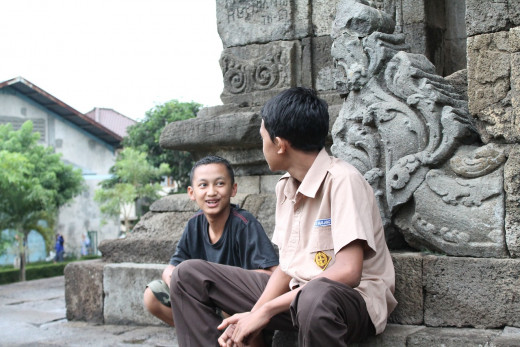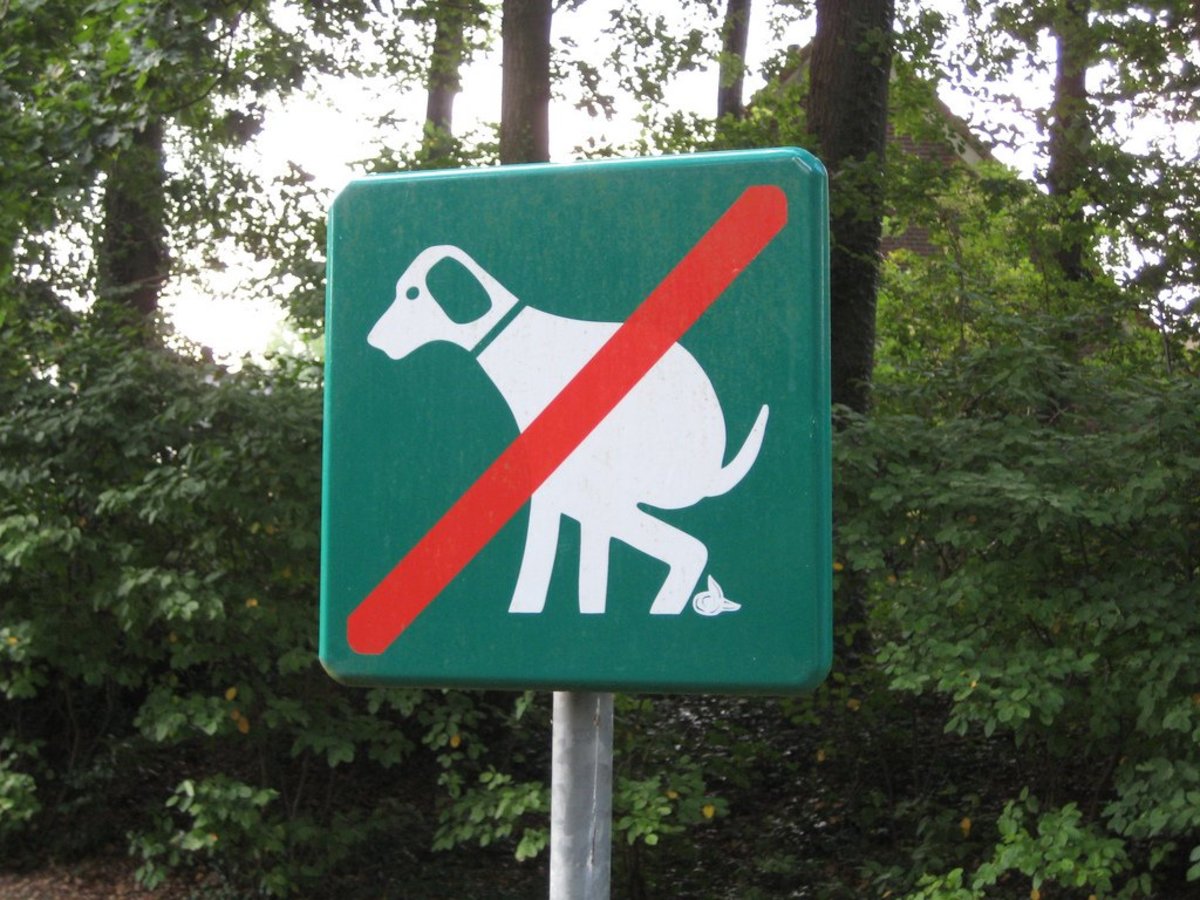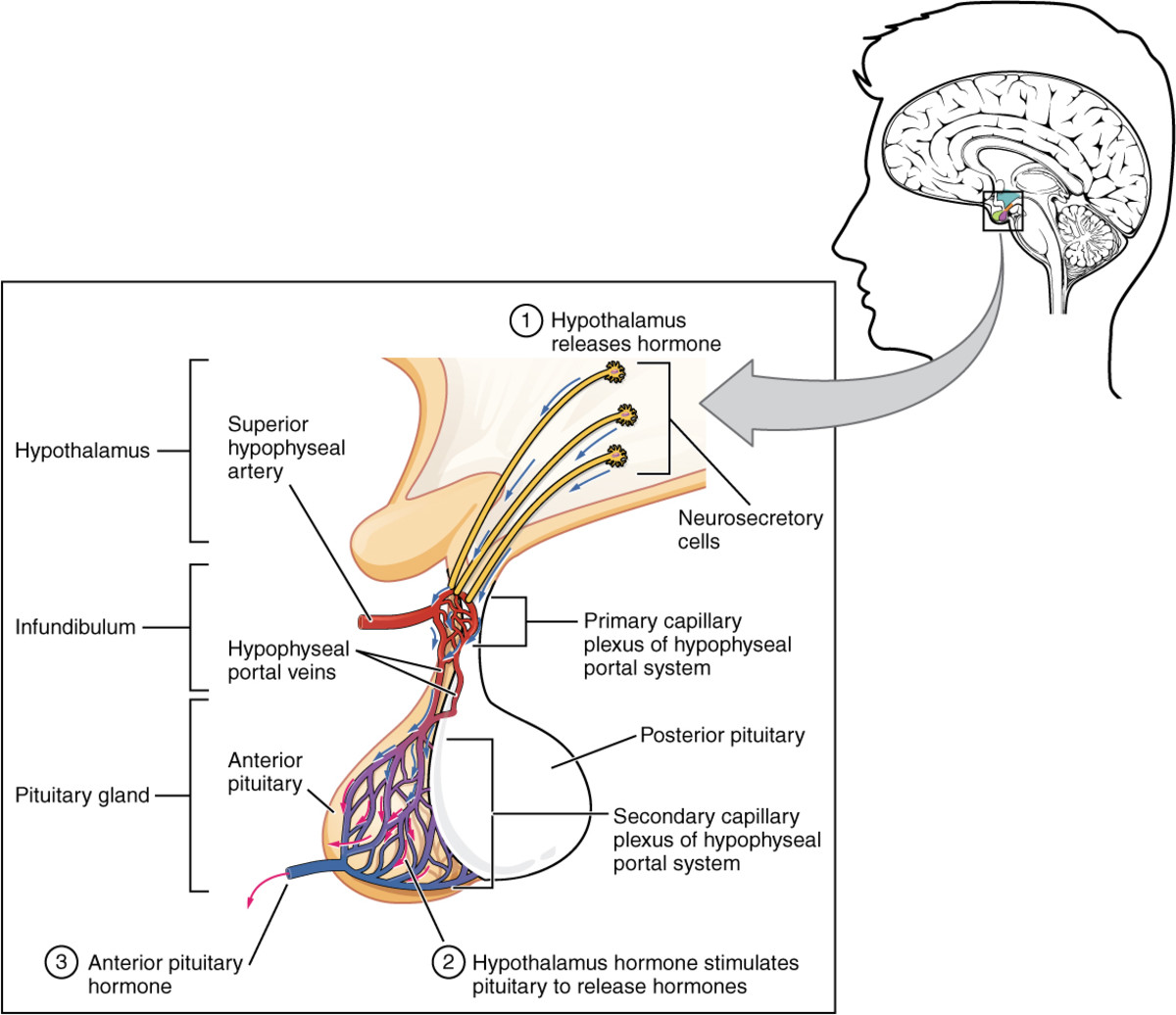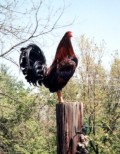The Strange Thing About "Normality"

Normal.
It seems like an ordinary word. The Merriam-Webster Dictionary defines it as " according with, constituting, or not deviating from a norm, rule, or principle." Math geeks know a normal as a line perpendicular to a tangent. Physicists know it as the force counteracting gravity. The word is of Latin origin, from the root "norma". It has been around since the 18th century.
Collective societies have a fairly strong idea of what normal is. You know what normal is. You see normal people on the street. You see normal weather. You walk through normal towns. You walk on normal ground; you breathe normal air. Even if you don't have normal weather or live in a normal place now, you have an understanding of what normal is. Maybe you learned normality from family. Maybe you picked it up from friends. The specifics of how you came to know normal are irrelevant. All that matters is that you can determine there are things you consider normal and things you consider abnormal.
Are you normal?
The Inverse of Normal
Society has always had an obsession with being normal, which emerges in many ways. Nowadays, it mainly comes in the form of looking at things that are considered to be abnormal. Reality television shows like TLC's 19 Kids and Counting, A&E's Duck Dynasty, and E!'s Keeping Up with the Kardashians portray the lives of people that somehow are unusual. 19 Kids and Counting features a property manager and his wife raising nineteen children in Arkansas. Duck Dynasty features a family-run duck-calling business. Kardashians features the titular high society debutants. Unless you have an extremely large nuclear family, have a stake in the duck hunting industry, and are a debutant, at least one of these shows features folks with lives different than yours.
Two stereotypes found in circus sideshows are "the dwarf" and "the fat lady". Though circus sideshows are dead, reality TV has taken their place. Just look at Channel 4's Seven Dwarves, a documentary about actors with dwarfism.
In some parts of the world, students are going to school every day. It's their normal life. But in other part of the world, we are starving for education... it's like a precious gift. It's like a diamond.
Malala Yousafzai
The Strange Thing About Normal
"Normal" doesn't always mean the same thing. Take the case of Swat Valley writer and education advocate Malala Yousafzai. The daughter of a school owner, she became interested in politics and advocacy at a young age. She is an extremely avid student and brilliant writer. When the Taliban arrived in Swat Valley, her normal began to change. She would sneak to school in her uniform. She offered to serve tea to hear the men in her family when they were talking about politics. She took a job as a blogger for BBC Urdu and used the name "Gul Makai" to bring her community's story to the Urdu-speaking world.
Some people did not like the way she did that. After attempts at defamation failed, the Taliban decided to silence her with a shotgun. They succeeded for a short time. She was put into a coma while she was being treated but she ultimately survived the attack. Now she lives in Britain with a new normal. She continues to speak, and the whole world listens. The Taliban's attempt to silence her only made her louder.
“I WILL NOT TOLERATE MENTION OF YOUR ABNORMALITY UNDER THIS ROOF!”
― J.K. Rowling (Vernon Dursley), Harry Potter and the Chamber of Secrets

Fictional Normals
One doesn't have to be real to have a sense of normality. The Weasleys from the Harry Potter series were considered to be a normal wizarding family. The Dursleys, on the other hand, wanted to be a normal wizard-free family. In the seven books, Harry Potter and the readers are introduced to the increasingly complex wizarding world. This world was the world the Weasleys had lived in all their lies. Travelling by fireplace and sending mail by owl were things they did every single day. They were used to it. J. K. Rowling knew all the rules of the world she created before writing a word. Knowing what is considered "normal" in the Harry Potter universe made them more immersive.

Every normal person, in fact, is only normal on the average. His ego approximates to that of the psychotic in some part or other and to a greater or lesser extent.
Sigmund Freud
True Normality
So what is true normality? I think it depends on who you ask. Personally, I don't think there is one true normal. You could ask a thousand people and get a thousand unique answers. There are things that are abnormal for everyone, certainly. Finding something everyone can agree is normal is impossible. With limited data pools, it may seem like there are universally normal things. In Canada, it's normal to expect snow in December. Cast a wider net and you may see a very different result. In a way, the abnormality is in itself normal.
I coud be wrong. There might be a "true normality" that applies to everyone. Please let me know if you've found it; I would be interested to know.








